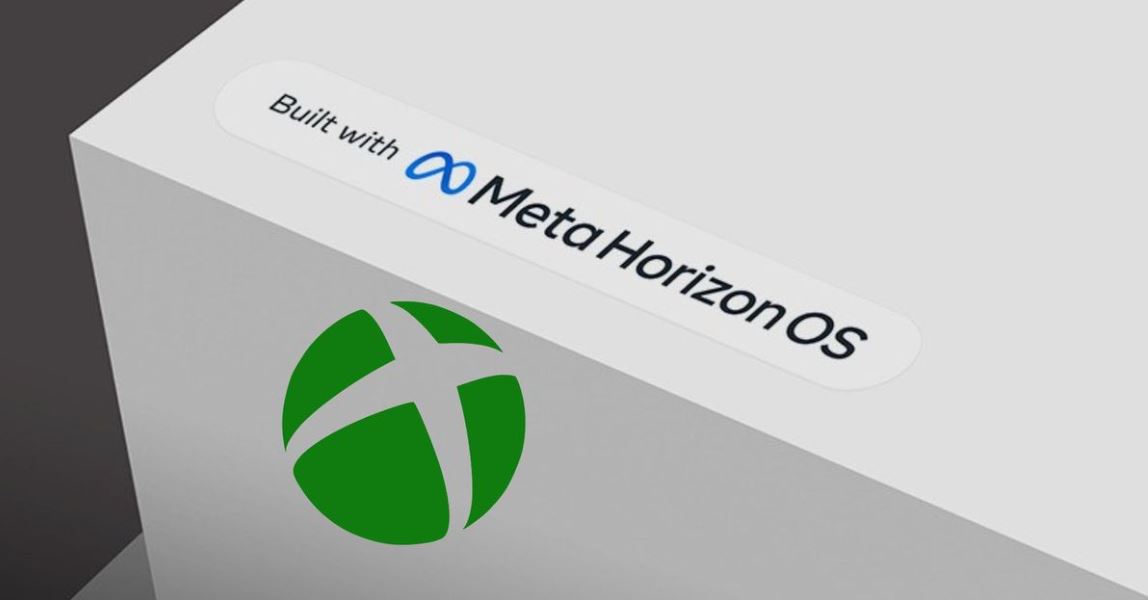Meta has announced its decision to open its Meta Horizon OS operating system for use by other manufacturers in virtual and mixed reality devices.
The Meta will allow other manufacturers to utilize the operating system employed in its virtual reality glasses. Meta has already finalized agreements with Microsoft, Lenovo, ASUS, and other manufacturers to develop new devices utilizing Meta Horizon OS. This move signifies the technology giant’s commitment to an open model, aiming to catalyze the adoption of the metaverse.
“We are opening up the operating system that powers our Meta Quest devices to third-party hardware manufacturers, giving developers a broader ecosystem to build on, and ultimately creating more options for consumers,” the company mentioned in a post.
For the past decade, Meta Horizon OS, based on Android, has been under development as the software powering Meta’s virtual reality and mixed reality glasses.
Opening up to third parties entails other companies leveraging Meta’s technology, incorporating social and monetization features. This move enables consumers to interact with users across different device brands. For instance, if you own a Meta Quest and wish to engage in Horizon Worlds with someone using Lenovo glasses, it will soon become feasible.
“Meta Horizon OS’s social layer means that people’s identities, avatars, social graphs, and friend groups can move with them across virtual spaces, and developers can integrate these social features into their applications,” Meta added.
Microsoft, Lenovo, and ASUS will be the first to implement Meta Horizon OS, with each undertaking projects aimed at niche markets. ASUS will focus on manufacturing a helmet tailored for high-performance gaming, while Lenovo will do likewise with mixed reality glasses designed for both work and entertainment. Microsoft’s case stands out, as they will produce a limited edition Meta Quest inspired by Xbox.
Meta Is Committed to An Open Model with Horizon OS

Meta dedicates itself to fostering an open ecosystem shaping the future of the metaverse by extending its operating system to third parties. Those who integrate Meta Horizon OS will also leverage the Snapdragon XR2 Gen 2 platform, which drives the hardware. This new Qualcomm chip powers devices such as the Meta Quest 3 and Apple Vision Pro.
Meta also announced its intention to reduce the barrier to entry for developers, enabling anyone who meets the requirements to launch their apps on the platform. Among the efforts are the establishment of a dedicated App Lab section and the opportunity to transform mobile applications into mixed reality experiences using a spatial framework.
Mark Zuckerberg stated that his aim is to have the open model shape the next generation of spatial computing, encompassing the metaverse, glasses, and other devices. He cited several examples, including a lightweight mixed reality headset designed for work and glasses similar to Vision Pro, boasting high-resolution OLED screens for viewing movies and series. Regarding gaming, the Meta CEO discussed glasses with support for various peripherals or a model enabling gameplay of titles from Game Pass, Steam, and Google Play.
Big news! Meta has just announced that they're opening up Meta Horizon OS, the operating system powering Quest, to allow others to design more headsets using their ecosystem. Lenovo, Microsoft, and ASUS are among Meta's initial partners. This move could spark a new wave of… pic.twitter.com/xu6A0LfcZX
— Nathie 🔜 Gamescom (@NathieVR) April 22, 2024
Mark Zuckerberg took the opportunity to throw a stone at Apple and its closed ecosystem. Although the iPhone won in the mobile field,
“its phones are strictly controlled and you are limited to what [Apple] lets you do,” he said.
By opening up Horizon OS to third parties, Meta wants the metaverse to become a kind of PC renaissance.





